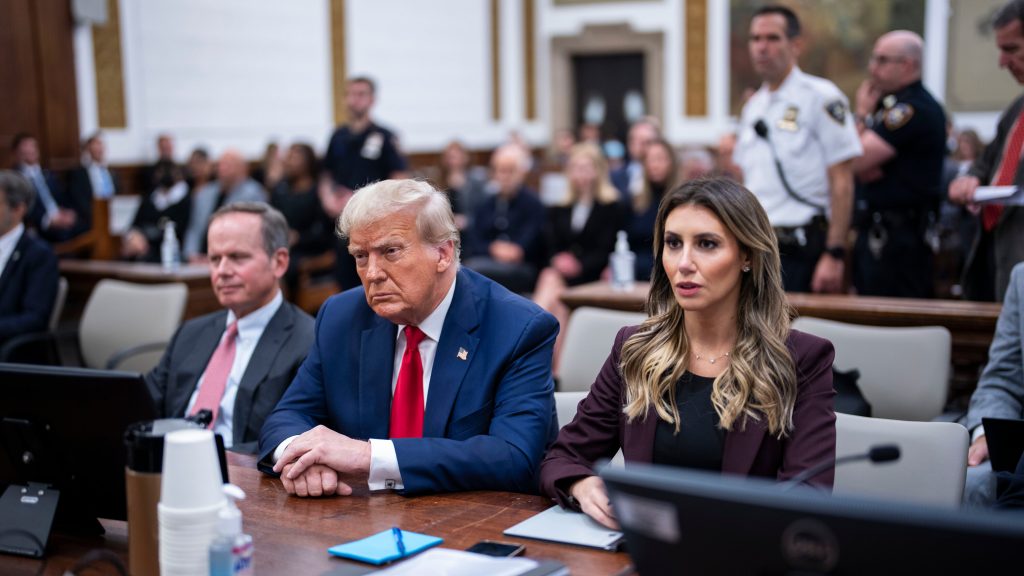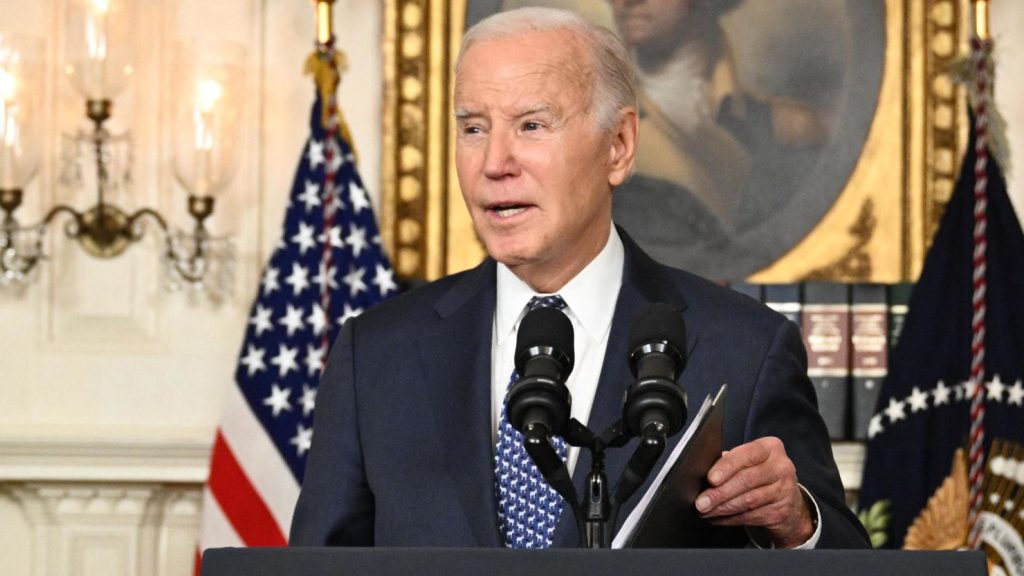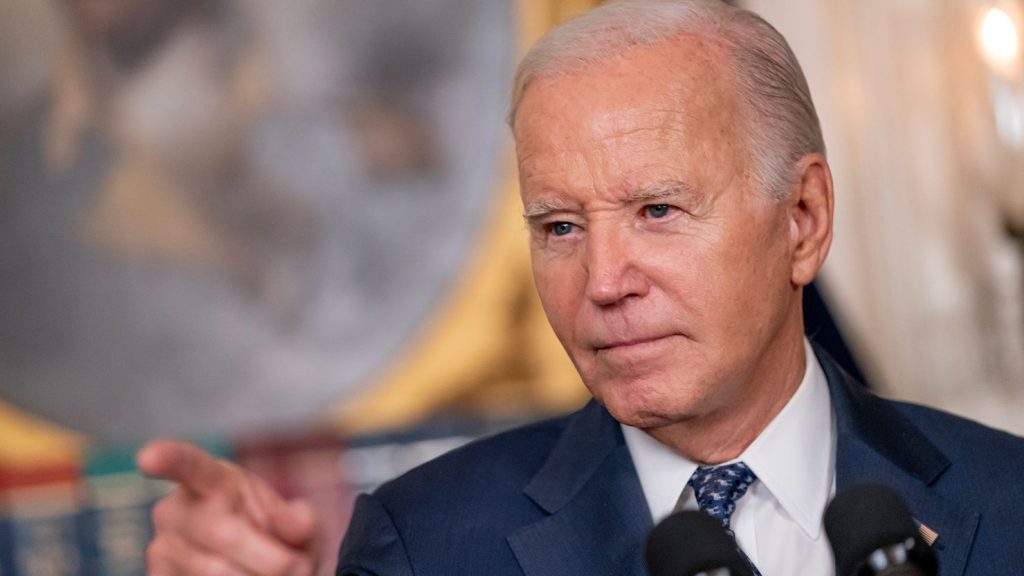Donald Trump’s financial standing, intricately linked to his public persona and fame, faces a significant blow following consecutive legal setbacks in two civil cases in New York, resulting in staggering financial liabilities for the former president.
A New York judge’s ruling on Friday mandated Trump to pay nearly $355 million, plus accrued interest, for misleadingly inflating his net worth on crucial financial documents to obtain tax and insurance advantages. While this fell slightly short of the penalties sought by New York Attorney General Letitia James, who initiated legal action against Trump in 2022 for deceptive business practices, the total amount, with interest, is anticipated to exceed $450 million.
This substantial penalty adds to the $83.3 million that another New York City jury ordered Trump to pay writer E. Jean Carroll for defamation, stemming from his denial of her allegations of sexual assault in 2019.
Combined, these legal judgments represent a significant financial burden for Trump, with the total exceeding $438.1 million, and interest on the fraud case fine potentially pushing the figure beyond $500 million.
Will Thomas, a business law professor at the University of Michigan, remarked, “This is a huge amount of money – I don’t care how wealthy you are,” emphasizing the magnitude of the financial hit.
Trump’s personal wealth, which has often been shrouded in secrecy, is estimated by Forbes at $2.6 billion and by the Bloomberg Billionaires Index at $3.1 billion. Liquid assets and personal possessions, including real estate holdings, private jet, and pensions, are estimated to be around $600 million collectively. In a deposition last year, Trump claimed to possess “substantially in excess of $400 million in cash.”

Given the substantial penalties owed, Trump faces the prospect of losing approximately 16 percent to 19 percent, or possibly more, of his estimated net worth, assuming he falls within the range estimated by various analysts.
To satisfy these sizable legal obligations, Trump may be compelled to liquidate some of his prized assets if he is unable to raise the necessary funds promptly. This scenario, as explained by Thomas, presents a “double whammy,” disrupting Trump’s financial stability and potentially forcing him into unfavorable property sales.
Engoron’s ruling in the New York civil case previously mandated the cancellation of Trump’s business certificates for entities implicated in fraudulent practices, including iconic properties like Trump Tower and 40 Wall Street. However, the judge softened this stance on Friday, deferring to concerns about potential economic repercussions. Nonetheless, the possibility of reinstating the cancellation remains pending the assessment of an independent monitor overseeing Trump’s business operations.
Furthermore, Engoron’s ruling imposed restrictions on Trump and his adult sons, barring them from top leadership positions at New York companies for a specified period.
While the immediate impact of these legal verdicts is significant, the long-term ramifications for Trump’s business empire remain uncertain. The potential dissolution of Trump’s business licenses, if reinstated, could further complicate matters, though it remains unclear whether properties outside New York, such as Mar-a-Lago, would be affected.
Adam Leitman Bailey, a New York real estate lawyer, asserted that jurisdictional limitations preclude Engoron from influencing properties outside New York state. However, he noted the possibility of other states leveraging the New York Supreme Court’s decision as a basis for similar legal actions on properties like Mar-a-Lago.
In summary, Trump’s financial future faces substantial challenges as he grapples with the fallout from these legal setbacks, which could have far-reaching implications for his business ventures and personal wealth.



